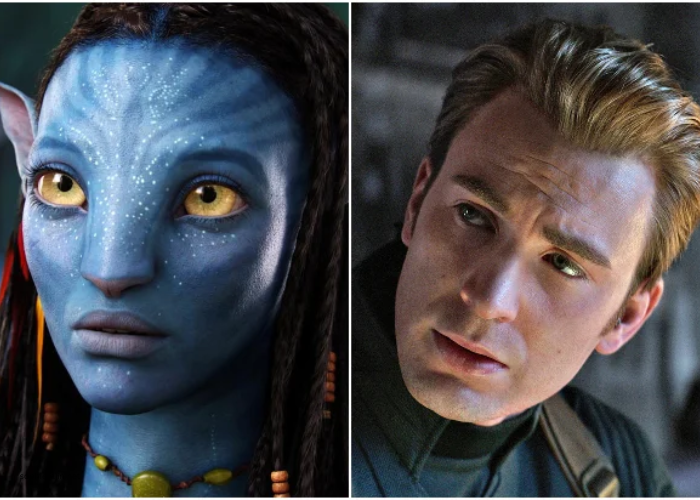Video game culture has evolved from a niche pastime to a mainstream phenomenon over the past few decades. What was once relegated to arcades and the basements of teenagers has blossomed into a vibrant, multifaceted culture that influences everything from entertainment and art to education and social interaction. The world of video games is no longer just about playing; it encompasses a vast array of activities, communities, and industries that revolve around the shared love of gaming. Let’s dive deep into the world of video game culture, exploring its history, its impact on society, and its future potential.
The Origins of Video Game Culture
The roots of video game culture can be traced back to the late 1970s and early 1980s, a period often referred to as the golden age of arcade games. During this time, video games like “Pong,” “Space Invaders,” “Pac-Man,” and “Donkey Kong” became cultural landmarks, drawing people to arcades and sparking the first wave of video game enthusiasm. These early games were simple in design but captured the imagination of a generation, laying the foundation for what would become a global cultural phenomenon.
As technology advanced, the home console market began to take shape in the 1980s and 1990s with systems like the Nintendo Entertainment System (NES), Sega Genesis, and Sony PlayStation. These consoles brought video games into living rooms around the world, making them more accessible and allowing for longer, more complex games. This period also saw the rise of dedicated video game communities, as fans began to form clubs, write newsletters, and later, congregate on internet forums to share tips, strategies, and fan art.
The Expansion of Gaming Communities
With the advent of the internet in the late 1990s and early 2000s, video game culture exploded. Online multiplayer games like “World of Warcraft,” “Counter-Strike,” and “Halo” allowed players from around the world to connect, compete, and collaborate in real-time. This shift fundamentally changed the nature of gaming, transforming it from a solitary or local multiplayer activity to a truly global phenomenon.
The rise of social media platforms further amplified the reach of video game culture. Sites like YouTube, Twitch, and Twitter became hubs for gamers to share their experiences, watch live streams of gameplay, and discuss gaming news. This era also marked the beginning of professional gaming, or esports, where skilled players competed in organized tournaments for large cash prizes and global recognition. Esports quickly grew into a billion-dollar industry, with events drawing millions of viewers and sponsorships from major brands.
The Impact of Video Game Culture on Society
Video game culture has had a profound impact on society, influencing everything from technology and entertainment to education and social issues. For one, the gaming industry has driven technological innovation, pushing the boundaries of graphics, artificial intelligence, and interactive storytelling. These advancements have not only enhanced the gaming experience but have also found applications in other fields, such as virtual reality, simulation training, and digital art.
In entertainment, video games have become a dominant force, rivaling movies and music in terms of revenue and cultural impact. Iconic franchises like “The Legend of Zelda,” “Final Fantasy,” “Grand Theft Auto,” and “Call of Duty” have sold millions of copies worldwide and have inspired a wide range of media, including books, movies, television shows, and merchandise. Video games have also become a powerful storytelling medium, capable of addressing complex themes and evoking deep emotional responses from players.
Beyond entertainment, video games have made significant contributions to education and social change. Educational games have been developed to teach subjects ranging from math and science to history and language arts, using interactive gameplay to engage students and enhance learning outcomes. Moreover, games like “Minecraft” and “Roblox” have been used in classrooms to teach coding, problem-solving, and creativity.
Video game culture has also played a role in raising awareness about social issues. Games like “This War of Mine,” “Papers, Please,” and “Life is Strange” have tackled topics such as war, immigration, mental health, and LGBTQ+ rights, prompting players to think critically about these issues and empathize with different perspectives. Additionally, the gaming community has become a space for marginalized groups to find representation and build supportive communities, challenging stereotypes and promoting diversity and inclusion.
The Future of Video Game Culture
As we look to the future, video game culture shows no signs of slowing down. Advances in technology, such as virtual reality (VR), augmented reality (AR), and artificial intelligence (AI), are poised to revolutionize the gaming experience, offering new levels of immersion and interactivity. VR and AR games are already allowing players to step inside virtual worlds and interact with them in unprecedented ways, while AI-driven characters and narratives promise to create more dynamic and personalized gaming experiences.
Moreover, the rise of mobile gaming and cloud gaming services like Google Stadia, Xbox Cloud Gaming, and NVIDIA GeForce Now is making gaming more accessible than ever before. Players can now enjoy high-quality games on their smartphones, tablets, and laptops without the need for expensive consoles or gaming PCs, expanding the reach of video game culture to new audiences around the world.
The future of video game culture will also be shaped by ongoing discussions about the role of games in society. Issues such as game addiction, violence in video games, and the ethical implications of loot boxes and microtransactions continue to spark debate among players, developers, and policymakers. As the industry evolves, it will be important to address these concerns while also recognizing the positive contributions that video games can make to society.
Conclusion
Video game culture has come a long way from its humble beginnings in arcades and home consoles. Today, it is a global phenomenon that touches every aspect of modern life, from technology and entertainment to education and social change. As video games continue to evolve and expand their influence, they will undoubtedly play an even greater role in shaping the culture of the future.
Whether you’re a casual player who enjoys the occasional game or a dedicated gamer who follows the latest trends and developments, there’s no denying the impact of video game culture on our world. It’s a culture that celebrates creativity, fosters community, and pushes the boundaries of what is possible in interactive entertainment. As we continue to explore the ever-expanding world of video games, we can look forward to new innovations, new experiences, and new ways to connect with one another through the shared joy of gaming.

